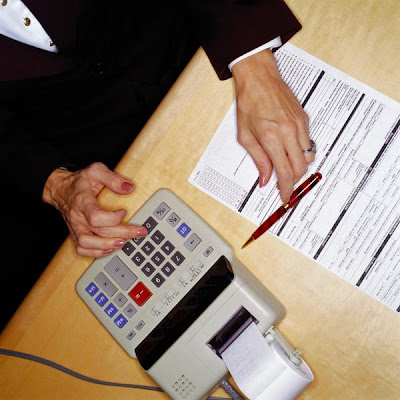Chapter seven of the United States Code governs the liquidation of assets in consumer bankruptcy law. Under this law, properties and assets of those who petitioned for bankruptcy become “properties of the state.” This includes real and personal property. And under this law, a court-appointed trustee will determine assets that can be sold for the benefit of the creditor.
 |
| Image credit: guardian.co.uk |
This risk of losing assets and properties is a big threat for those in bankruptcy. However, bankruptcy litigation attorneys, like Evan Granowitz and John W. Kozyak, contend that one does not have to lose everything while in economic failure. Legal representatives ensure that the assets of the debtor are protected from seizure and sale. This can be done by declaring the assets as exemptions from the bankruptcy estate as per federal and state law. In addition, while the bankruptcy code liquidates properties, it also recognizes the basic needs of the debtor, hence it gives property exemptions.
Claiming property exemptions
Debtors must provide a list of their properties and their fair market value, description of the properties to be exempted, and the laws that apply to these properties. This list allows the bankruptcy court to evaluate the case. If no one objects to the exemption list within 30 days, the bankruptcy court cannot use the properties listed as payment to creditors.
 |
| Image credit: info.legalzoom.com |
Homestead exemption
Homestead exemption applies to the property which serves as residence. Under this rule, debtors can seek immunity from forced sale of their homes. Different states have different degrees of protection under homestead exemption laws; however, the federal homestead exemption is $21,165.
Automobile exemptions
Motor vehicle exemptions protect a certain amount of equity on vehicles. The federal exemption for a car is $3,450. If all of the equity is covered by the car exemption law, then the trustee cannot liquidate the asset.
 |
| Image credit: jacksonvillebankruptcylawyerblog.com |
Retirement Assets
Retirement funds, including pensions, profit sharing, deferred compensation plans, stock bonus plans, and Individual Retirement Accounts, have immunity from seizure. These assets are protected as they are one of the most important assets to the debtor.
Bankruptcy should not be feared and one should not lose everything to it. With proper knowledge, a person can keep his assets and properties despite the threats of liquidation.
For more, visit this site.
No comments:
Post a Comment